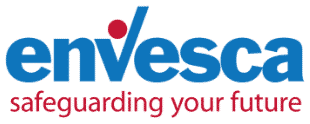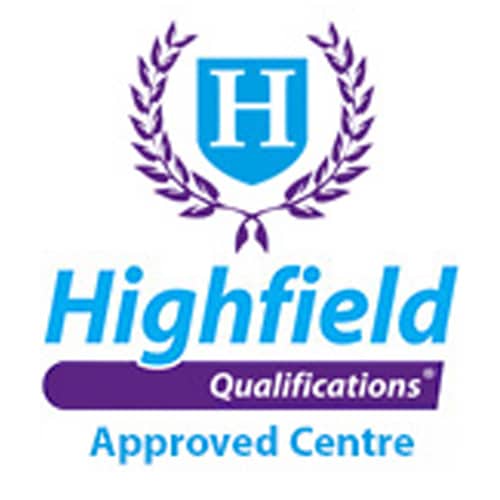What Is A HACCP Plan?
In this article, we answer the question “What is a HACCP Plan?”
HACCP (Hazard Analysis and Critical Control Points) is a food safety management system, a way for food business to prevent and control hazards. HACCP is an internationally recognised system to reduce risks from physical, microbiological, allergenic or chemical hazards. There are 7 steps necessary to carry out a HACCP plan.
These are:
- Conduct a hazard analysis
- Determine critical control points (CCP)
- Establish critical limits for each CCP
- Establish a monitoring procedure for each CCP
- Establish corrective actions
- Establish verification procedures for ensuring the HACCP system is working as intended
- Establish record keeping procedures

Why is HACCP important?
HACCP was developed to ensure the production of safe food whilst reducing the need for costly and inefficient end-product testing. When implementing HACCP, a food production business will need to consider all aspects of the production process that might be hazardous, whilst ensuring that good hygiene practices, such as cleaning, disinfection and pest control, are also planned and followed throughout. HACCP implementation will reduce costs, produce safe food and foster a safety culture in the business.
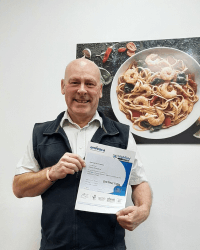
Master The Art Of Food Safety - Unlock Your Potential Today!
Are you passionate about food safety and committed to delivering excellence? Our Food Safety Courses are designed for individuals like you who refuse to compromise on safety. Take the leap towards becoming a certified expert. Click on the link below and unlock a world of possibilities!
What is a hazard?
When considering the production of safe food, a hazard is anything which could potentially cause injury, illness or harm to a consumer. There are four types of hazard: physical, chemical, microbiological and allergenic. For example, glass or plastic contaminating food could cause cuts to the inside of the mouth, whilst contamination from raw meat onto ready-to-eat food could cause food poisoning.
The first step in HACCP is the identification of hazards, then a decision needs to be made as to which ones require critical control points.
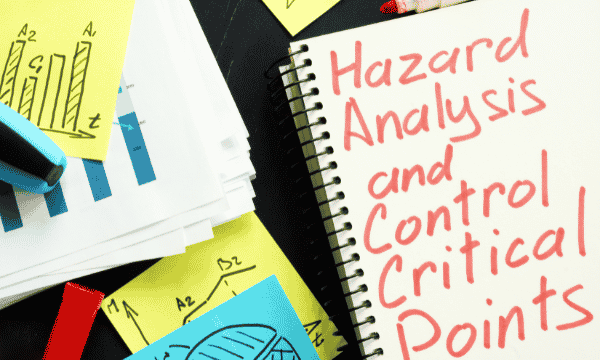
Legal requirements of HACCP
UK legislation requires all food businesses to implement a Food Safety Management System based on the HACCP principles. HACCP considers all steps in production and aims to identify those areas where hazards are present. Through the implementation of HACCP, businesses can ensure that their resources are focused on key areas, and that controls are effectively and consistently applied. UK legislation also requires that those people in charge of supervising and implementing food safety should have HACCP training.
If you have a question or enquiry about food safety, please call the team on 01452 502113 or complete our enquiry form.
Find this helpful?
Signup to our email notifications to receive alerts when we publish new blogs. We promise not to spam your inbox, you will just get a short snappy intro to Health and Safety articles we think you will love.
"*" indicates required fields
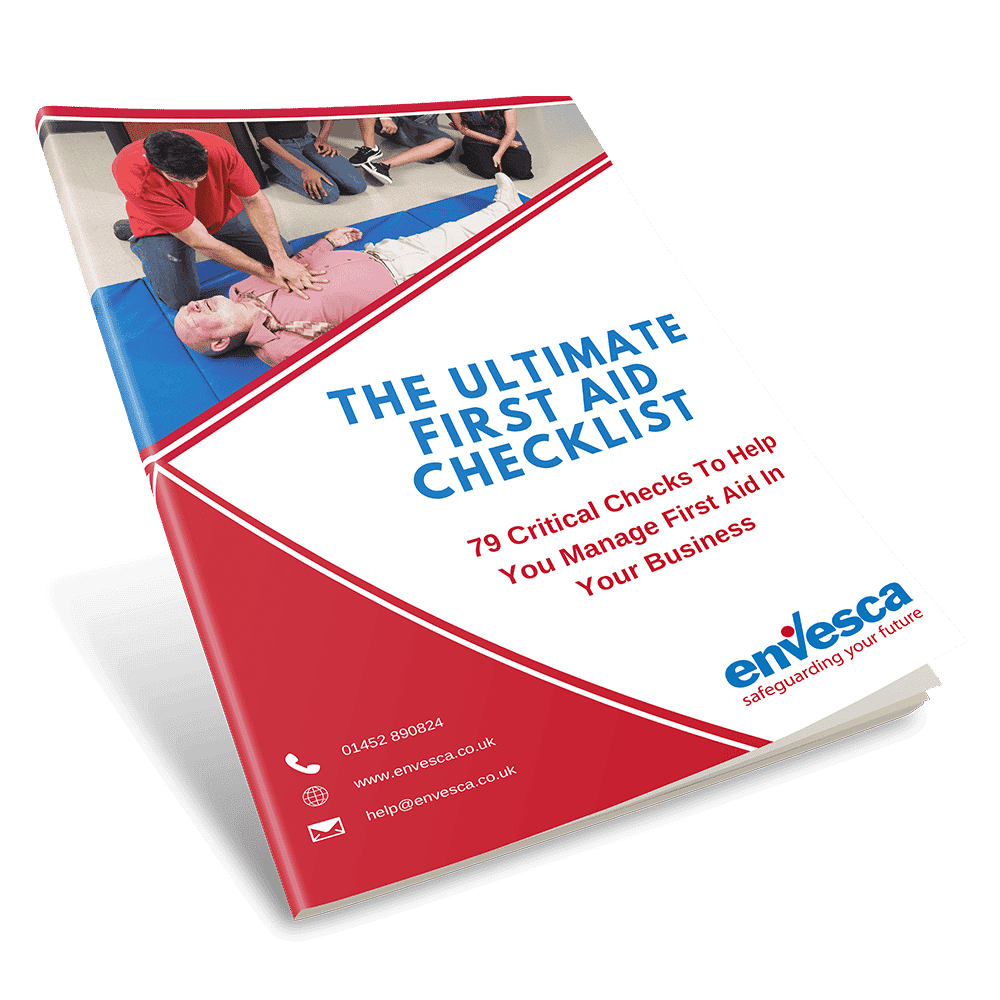
The Ultimate First Aid Checklist
If you are an appointed person or first aider for your company you should carry out regular checks of your business to ensure that your first aid facilities are up to date. This comprehensive checklist will help you ensure you have everything covered! Get your FREE copy now.
If you’ve got a question or query, please contact our super friendly team, they will be delighted to help you!
Simply get in touch via phone or email.

Free
Resources &
Downloads
Informative. Useful. Practical.
Here at Envesca we believe that we are good at giving proactive, sensible and useful advice. Below you will find some free resources that you can download on a host of subjects that will help you and your business.
Training Available
Envesca offer a number of different training courses, which offer advice and guidance on these topics.
